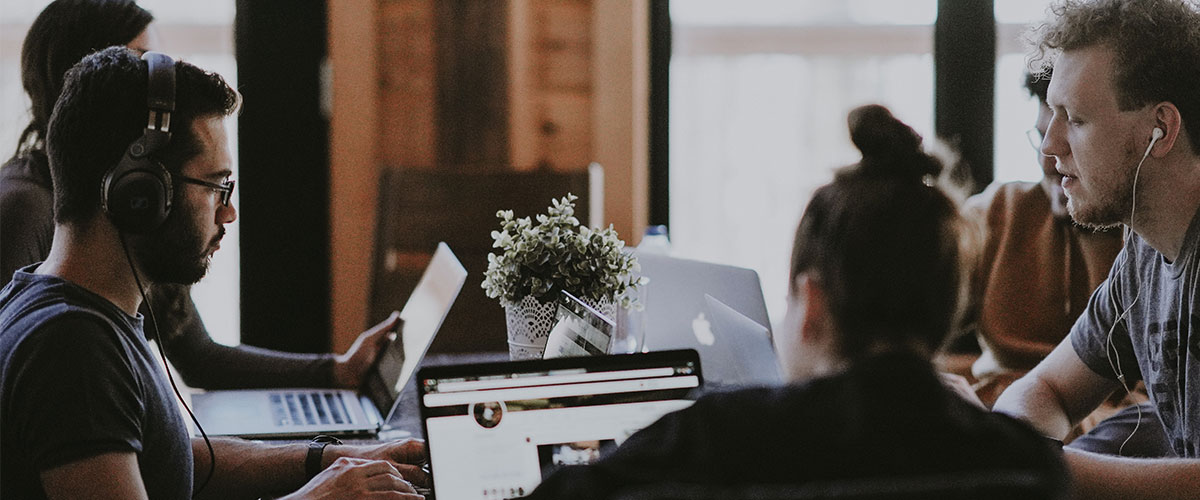

Professors and Research

The last couple of years have witnessed a very important development of social entrepreneurship or social innovation projects. The startups focusing on social innovation can do it in three different levels.
the case of Pixza
Innovation & Concepts in ISC Paris’ Master of Science (MSc)
the governance of the firms
decision making
impact locally
However, willing to do good, may mean the reduction of the chances of survival of a firm. In a recent research paper by Fernanda Arreola & Sébastien Tran, they explain that, an excessive positioning and “locking-in” of social innovation may become an obstacle of a viable business model for startups. This is explained by three different reasons:
The lack of flexibility
The lack the resources
The lack of agility

In order to face this challenge, the authors find some key pieces of advise :
value proposition
sustainability
objectivity
detrimental